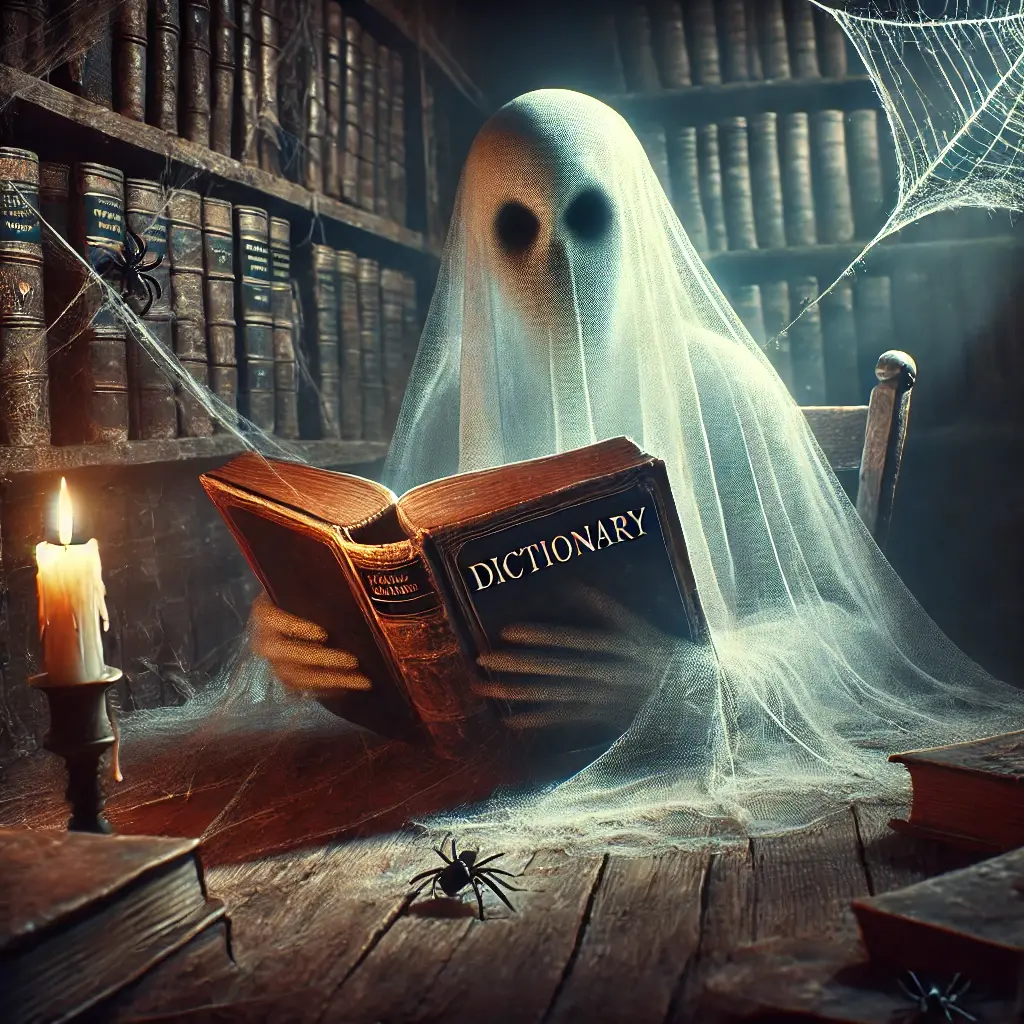Scrabble Dictionary & Word Finder – Check Words, Create Anagrams
Blog about Scrabble, anagrams, and word games
Boost Your Memory and Thinking Speed with Anagrams – Brain Training Made Easy!
Discover how anagrams can enhance your memory, focus, and creativity. Simple anagram exercises can transform your mental agility. Start your brain workout today!

How to Boost Memory and Thinking Speed with Anagrams: Fun and Powerful Brain Training Why Anagrams Are More Than Just Word Games Imagine having a simple, everyday tool that works like a gym for your brain. No expensive equipment, no complicated setup. That's what anagrams are – fun word puzzles that deliver serious mental benefits. Research shows that people who regularly solve anagrams perform up to 30% better on memory tests. But how exactly does rearranging letters boost cognitive abilities? The secret lies in how our brain processes and organizes information. The Brain-Boosting Science Behind Anagrams Solving anagrams activates three critical areas of the brain at once: the prefrontal cortex (logical thinking), the hippocampus (memory), and the language centers in the left hemisphere. This powerful combination creates the perfect environment for forming new neural pathways. Interestingly, solving anagrams also triggers a meditative state of focused relaxation – an ideal balance o...
2025-02-23, Category: Scrabble Miscellany
Linguistic Curiosities – Anagrams, Palindromes, and Other Unusual Word Forms.
The English language is full of riddles – anagrams, palindromes, lipograms. Explore hidden meanings of words and literary experiments.

Linguistic Curiosities – a detailed guide The English language, often seen as a maze of complex grammar and tricky exceptions, hides a surprisingly playful side. Beneath the apparent rigidity of tenses and the twists of spelling lies a world of linguistic paradoxes, historical puzzles, and artistic experiments. It is in these subtle aspects, often overlooked in textbooks, that the true nature of English reveals itself: a living entity that has long been playing with forms, meanings, and sounds. This article uncovers forgotten chapters of linguistic history, showing how literary mischief blends with mathematical precision. Did you know that medieval scribes composed sentence-billboards advertising salvation? Or that the modern mispronunciation of words like “aks” instead of “ask” has its roots in historical phonetic shifts? From palindromes that reflect meaning like a mirror, to pangrams crafted with the precision of a chess puzzle – each of these forms is a testament to unbr...
2025-02-18, Category: Word Play
Ghost Words: Forgotten, Non-Existent, and Misspelled Words in Dictionaries
Some words found in dictionaries never existed! Explore the fascinating world of ghost words, linguistic errors, and language illusions that changed lexicography history.

Ghost Words: Forgotten, Non-Existent, and Misspelled Words in Dictionaries 1. What Are "Ghost Words" and Why Do They Fascinate Linguists? Ghost words are linguistic mirages—terms that never truly existed yet somehow found their way into dictionaries. They often emerge from printing errors, misread manuscripts, or simple misunderstandings. One famous case is the word phantomnation, which appeared in the 19th-century Oxford English Dictionary as an alleged synonym for "society." In reality, it stemmed from a misinterpretation of the phrase "a phantom nation" in a source text. These cases reveal how fragile our perception of language can be and how creatively gaps in knowledge are sometimes filled. Why do such linguistic illusions persist? Often, the authority of dictionaries is to blame—when a word appears in a trusted publication, readers assume it must be legitimate. As a result, mistakes gain a second life, sometimes even inspiring writers or poets. Today, the verification process is...
2025-02-10, Category: Scrabble Miscellany
Crosswords, Riddles & Word Puzzles: Boost Your Mind Through Play!
Discover how crosswords, riddles, and word puzzles enhance memory, boost creativity, and sharpen mental agility. Learn the strategies of puzzle masters!

Crosswords, Riddles & More: Sharpen Your Mind Through Word Play Why Crosswords Are More Than Just Fun: Brain-Boosting Benefits and Personal Growth Crosswords are more than a pastime – they’re a powerful workout for your brain’s neuroplasticity. Every clue you solve strengthens new neural connections. Studies have shown that regularly tackling word puzzles can delay cognitive aging by up to 10 years! But the benefits go beyond that. Crosswords expand your vocabulary, enhance concentration, and train your brain to connect seemingly unrelated information. It’s like mental fitness that you can enjoy on the bus or over your morning coffee. Consider making it a daily self-development habit – just 15 minutes a day can noticeably boost your mental sharpness. Secrets of Puzzle Masters: Techniques for Solving Tricky Riddles Seasoned puzzlers use tried-and-true techniques. One of the most effective is the "edges first" strategy – start with the clues around the outer edges of the grid, which ar...
2025-02-09, Category: Scrabble Miscellany
Why I Don't Use Dictionaries When Playing Scrabble: My Game Philosophy
Is playing Scrabble without a dictionary worth it? Discover the pros and cons of this approach and my personal philosophy on word games!

Why I Stopped Using Dictionaries in Scrabble and Other Word Games 1. Fair Play Comes First – Even Among Friends I used to think consulting the dictionary was a clever strategy. After all, everyone wants to win, right? But I quickly realized that this "help" was killing the spirit of competition. Imagine a soccer match where one team has access to a secret map of the opponent's moves. Where’s the fun in that? In Scrabble, the rules are simple: you play using your own knowledge. Once I started playing without a dictionary, I felt like my wins truly reflected my skill – not just sneaky tricks. It's like climbing a mountain without a cable car – harder, sure, but infinitely more satisfying! Many online platforms automatically block dictionary access during games, which just confirms that this is widely seen as unsporting. In real life, no one’s looking over your shoulder – but that's where the real challenge begins. When I openly ditched "scientific aids" during game nights with friends, ...
2025-02-08, Category: Scrabble Miscellany